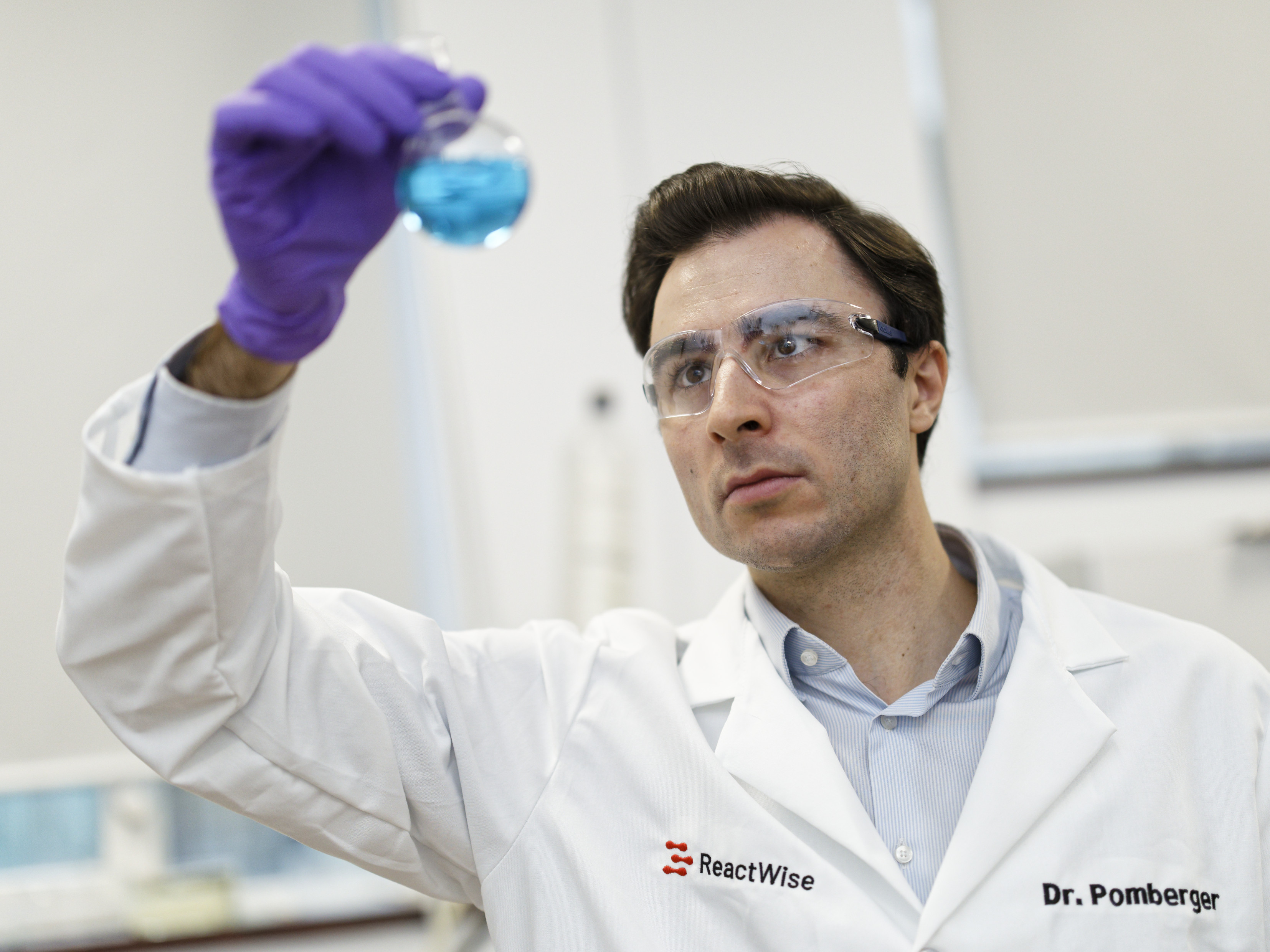
What Chemists Need to Teach AI

What Chemists Need to Teach AI
There’s a popular narrative that AI will teach chemists - showing us how to design better experiments, explore chemical space faster, and optimize reactions more efficiently.
But any chemist who has spent time at the bench knows: chemistry is full of subtleties that rarely make it into a dataset used to train AI models.
These small details include observations such as a slight change in colour before crystallization begins, if an initially homogeneous reaction mixture starts to precipitate unexpectedly, or a smell hinting at decomposition of a component.
Even beyond these sensory cues, much of the detail of chemistry lies in how an experiment is handled - in the details of the sequence of addition, the timing between reagent dosing, or how stock solutions are prepared.
Even when proceeding with the measurement, the way analytical samples are diluted, filtered, or transferred can dramatically impact data quality - yet this information is often only described in a sentence or two in the procedure, if at all.
These are exactly the types of insights that get lost when we treat experiments as just numbers in a table. And yet, they carry enormous chemical value.
At @ReactWise, we’re increasingly asking ourselves:
How can we leverage LLMs to interpret and integrate these procedural details into predictive models and record experiments so that models can also understand what happened?
Because before AI can truly teach chemistry, it needs to learn from the chemists who can read reactions not just through data, but through every subtle change in behaviour, texture, and timing.


